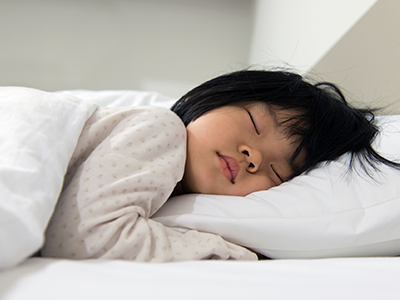

I'm Ingrid Prueher.
Natural Healthcare ExpertSleep coached 1000's of families globally
Youngest client one day old; oldest client, 71 years old
Teach adults how to overcome chronic insomnia
Fox & Friends sleep expert - sought after media expert
Host of parents.com "Baby Sleep 911" Web TV series
Provide nutrition guidance for all ages
Lactation consultant to help breastfeeding mothers
Provide Potty training guidance
Speak at corporate lunch and learn events
Participate in health and wellness fairs
Offer services in English and Spanish
Married with two boys





